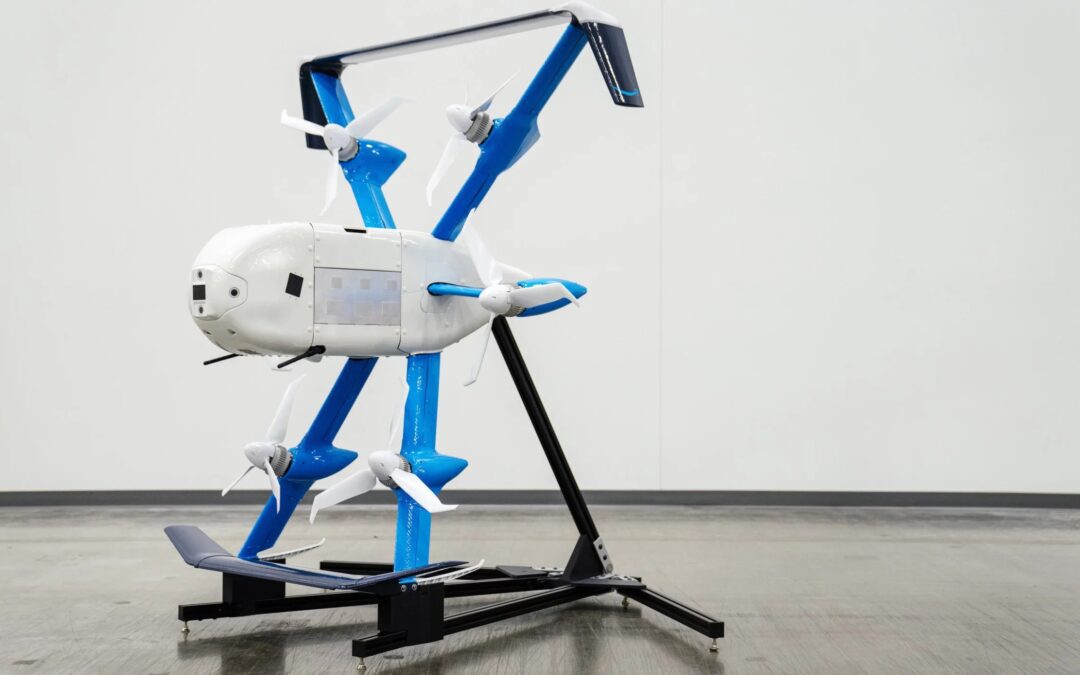
“In our country, the cost being expected of patients is just out of whack with what people can afford.”
A ballot measure hoping to ease Arizonans’ healthcare costs must win its appeal to the Arizona Supreme Court by Friday to make it in front of voters this fall.
The Stop Surprise Billing and Protect Patients Act was thrown off the ballot last week by a lower court, where a judge argued the measure’s description was misleading and that there weren’t enough valid signatures to qualify.
Healthcare Rising Arizona, the group behind the measure, immediately appealed.
“We think we have the opportunity to make really meaningful improvements on one of the most important issues facing families in Arizona, which is health care,” Rodd McLeod, spokesman for Healthcare Rising, told The Copper Courier.
A Maricopa County Superior Court judge tossed the initiative after determining the measure was below the 237,635 valid signatures needed to make the ballot due to faulty registrations for paid circulators, other technical issues, and a large number of circulators who failed to appear at a five-day trial.
The judge also found that the 100-word summary of the initiative that voters who signed petitions were shown was materially misleading and created a significant danger of confusion.
What’s In It
The ballot measure contains four actions: banning discrimination based on pre-existing conditions, ending surprise billing, increasing standards for hospital inspections, and giving raises to healthcare workers.
The federal Affordable Care Act (ACA) banned the practice of denying or charging more for insurance due to pre-existing conditions, but McLeod said that with states chipping away at the law, patients deserve more protection.
Arizona is part of a lawsuit arguing the ACA is unconstitutional and should be struck down. The state has more than 2.8 million residents with pre-existing conditions that would be affected.
“Our ballot measure protects patients by banning discrimination against people with preexisting conditions,” he said, “so that no Arizonan can ever be without care or charged some outrageous rate because they have previous illness, like cancer, or they have a chronic illness, like asthma.”
But the Maricopa County Superior Court judge wrote that the summary, which said the initiative would ban insurers from “discriminating based on pre-existing conditions,” was misleading because it only applied to individual insurance policies and not group policies provided by employers, who insure the majority of people with private insurance.
As for surprise billing, McLeod said unexpected charges for accidentally working with an out-of-network provider “could really devastate a family or upend a family’s budget.”
RELATED: Almost One-Third of Arizonans Are Now on Medicaid After Mass Unemployment
The measure would require insurance providers to take on costs incurred when a patient receives emergency care from someone out of network.
‘No one’s saying that the ambulance company shouldn’t get covered, or the radiologist that looked at your X-rays shouldn’t get paid, but that should be a part of the insurance,” McLeod said. “If you’re at the hospital, if you’re having a problem, you’re not going to tell the doctor, ‘I know you’re in my network, and I know the hospital’s in my network, but what about the radiologist who’s on shift tonight? Is she in my network?’ That’s just not how people respond when they’re getting emergency treatment.”
The measure would also require private hospitals to meet national infection control standards, and it would give “direct care” hospital workers (which includes nurses, technicians, janitors, and food service workers, but not doctors or managers) a 5% annual raise for the next four years.
“We want to support our healthcare heroes .. by giving them a raise that they’ve earned,” McLeod said. “In the middle of this pandemic, hospitals … are furloughing workers and they’re cutting hours, and they still managed to pay the CEO of Banner Health more than 25 million bucks a few years ago.”
The judge also took issue with this portion of the measure. She argued it was misleading because it said it would set new “minimum wages” for those workers by requiring 5% raises in each of the next four years, but many workers already earn well above the state’s minimum wage.
Helping COVID-19 Patients
Even though the ballot measure’s process began before the COVID-19 pandemic, its supporters say it would help those who have fallen ill with the disease.
COVID-19 has been known to cause long-term problems in some people, including lung damage, neurological issues, hair loss, and chronic fatigue syndrome.
“COVID is considered a pre-existing condition, so people who had the virus can be denied health insurance,” Healthcare Rising said in a tweet quoting a Guardian article. “But it gets worse: ‘Anyone applying for insurance who subsequently contracts Covid-19 could … be denied coverage in the future.’”
Therefore, the measure would prevent COVID patients from being discriminated against when it comes to insurance coverage.
RELATED: Peoria Man Has Now Been Suffering From COVID-19 Symptoms for Over 4 Months
Some COVID-19 patients have also had to take an ambulance or go to the emergency room due to high fevers, low oxygen levels, strokes, and other urgent medical issues, opening them up to surprise medical costs.
Hospitals also don’t allow visitors for COVID patients, so people who are really sick don’t have someone at their bedside to advocate for them and double check which doctors are considered in-network.
The ballot measure would prevent these patients from being hit with a bill for thousands of dollars because they were unknowingly treated by someone not included in their insurance plan.
And McLeod said healthcare workers deserve the raises included in the measure more than ever.
“Arizona’s healthcare workers have been battling this pandemic since day 1,” Healthcare Rising tweeted. “Now more than ever, we should trust their voices when they say Arizona healthcare needs to be fixed.”
What Critics Say
Not everyone is on board with the Stop Surprise Billing and Protect Patients Act.
One of the most vocal opponents, the Arizona Chamber of Commerce, celebrated the court’s ruling.
“The proponents attempted to jam a number of health care related items into one initiative that, if passed, would have forced tremendous cost increases onto patients and hospitals,” said chamber spokesman Garrick Taylor. “At a time when our healthcare system is under severe strain due to the pandemic, out-of-state labor interests sought to impose duplicative regulations that would only drive up the cost of health care, resulting in the elimination of critical health care jobs and risked hospital closures.”
The measure’s major funder is Service Employees International Union-United Healthcare Workers West, a California-based union that raised almost all of the $6.7 million that has gone toward promoting the measure.
RELATED: Trump’s Latest Order Defunds Medicare for Millions of Arizonans, Rewards the Wealthy
Critics have also argued that the state Legislature has already passed a law reducing surprise billing. The legislation, which went into effect in 2019, created a dispute resolution mechanism that patients could seek out to challenge a medical bill.
But that law does have exceptions, requiring the bill in question to be at least $1,000, and it does not apply to people enrolled in a health-maintenance organization (HMO).
According to the Arizona Department of Insurance, only 91 people took advantage of the law last year and submitted claims to bring down their bills. Sixteen of those submissions were disqualified for being under $1,000 or involving an HMO.
McLeod said the initiative would make up for these exceptions and put more responsibility on the insurer rather than the consumer.
The Associated Press contributed to this report.
Politics

State Official: 1864 abortion ban gives Arizona ‘black eye’
Arizona’s role at the forefront of the climate crisis, defending democratic elections, and protecting reproductive rights has caught the attention...

Biden makes 4 million more workers eligible for overtime pay
The Biden administration announced a new rule Tuesday to expand overtime pay for around 4 million lower-paid salaried employees nationwide. The...
Local News

The Amazon drones are coming to Arizona later this year
The drones operate on electricity, while most of Amazon’s fleet of vehicles operate on gasoline. Amazon drone deliveries are coming to the West...

Arizona’s reality TV stars: Where are they now?
From A-list actresses to a controversial bachelor, here's a roundup of reality TV stars from Arizona. Whether you love it or hate it, reality TV is...





